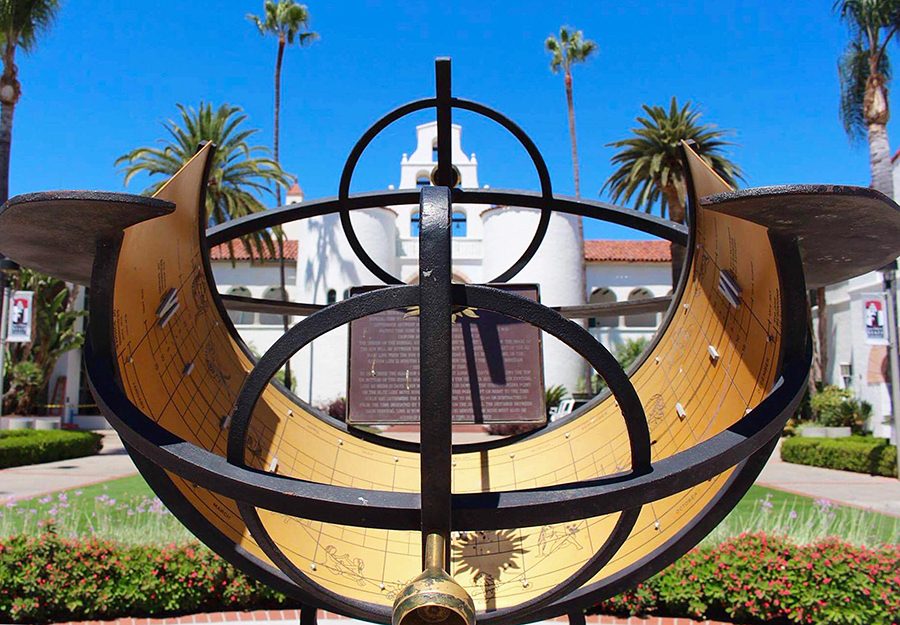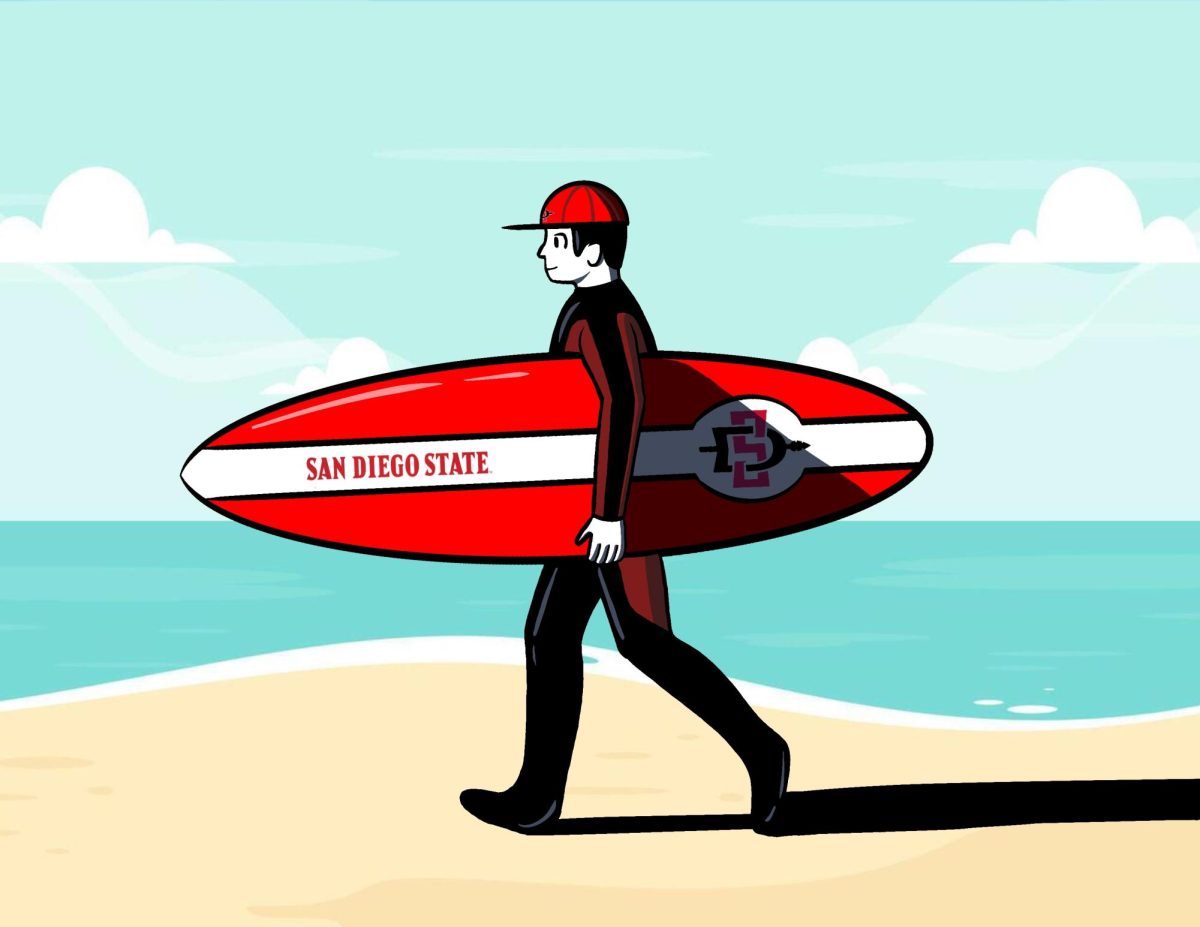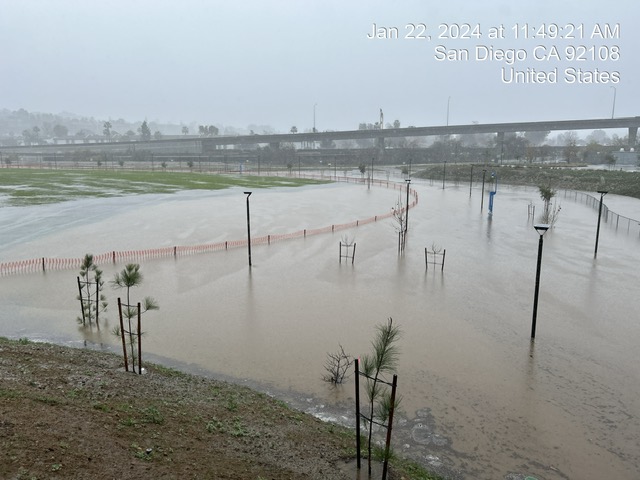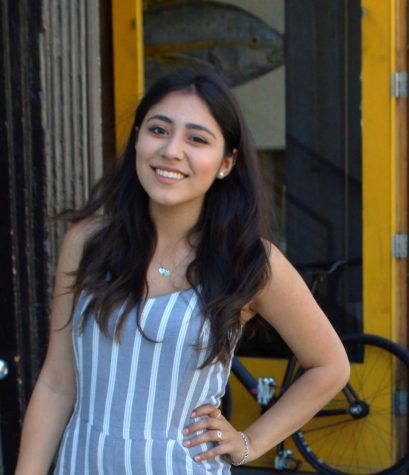Several San Diego State researchers recently studied the correlation between Leonardo DiCaprio’s 2016 Academy Award speech and public engagement around global warming. They found that celebrities and public figures may be influential on certain issues.
In DiCaprio’s speech, he said climate change is a real threat that must be faced collectively.
“Let us not take this planet for granted,” DiCaprio said.
“I have always wondered about celebrities and people who speak out,” said assistant professor John W. Ayers, who worked on the study.
“The question is if they make a difference. If they’re having an effect, we need to get more people to speak up,” he said.
Ayers, along with doctoral candidate Eric Leas and other researchers sought to investigate the question.
The study, published in the Public Library of Science One journal showed that tweets using words such as “climate change” and “global warming” increased by 636 percent, with more than 250,000 tweets the night DiCaprio spoke. Google searches for both terms also increased by 261 and 210 percent the same night.
“Our study shows for the first time when celebrities speak out on an issue like climate change, it makes a difference.” Ayers said.
Ayers also said the research not only shows there is an effect when a public figure speaks out, but it also helps inform public figures about how they should speak out.
DiCaprio talked about the climate change threat, prompting searches for “climate change,” “global warming,” and “hottest year,” but the study shows his speech didn’t have an impact on searches for ways to combat global warming such as “electric cars” and a “carbon tax.”
“What if DiCaprio had spoken up about this?” Ayers said.
“Could that have led people to engage in some type of action in order to help mitigate man-made climate change?”
DiCaprio’s impact revealed top-down strategies, such as scientist’s warnings and environmental campaigns, may not be as effective as “organic advocacy,” in which people use social media and the internet to share, obtain and generate information.
“Typically, around climate change, we think the most effective messages are those that come from scientific leaders because they’re the ones who know,” Ayers said.
“The concept is campaigns matter, others don’t. This goes in the face of that.”
“The scientific community must adapt to the 21st century dynamic communication landscape and ready itself for the next opportunity to harness the agents of change,” the study reads.
The results further reveal social media and internet users, including students, have a voice.
“Obviously, no single person is going to have an impact DiCaprio had in this case,” Ayers said.
“However, it does mean you should speak up. It might not reach hundreds of thousands of people on social media, but it can reach those people in your immediate network.”
Leas, SDSU doctoral candidate and researcher, said there’s work in communication that shows conversations happening after an event are more influential in changing opinions and behaviors than the actual event
“DiCaprio set the agenda, but certainly, it seems people continue to carry the message, even though they’re not starting it.” Leas said.










